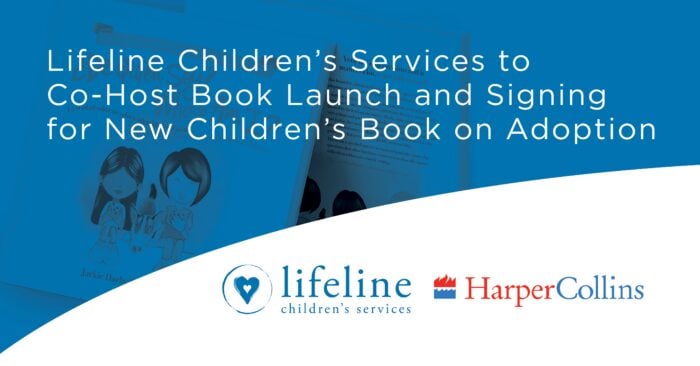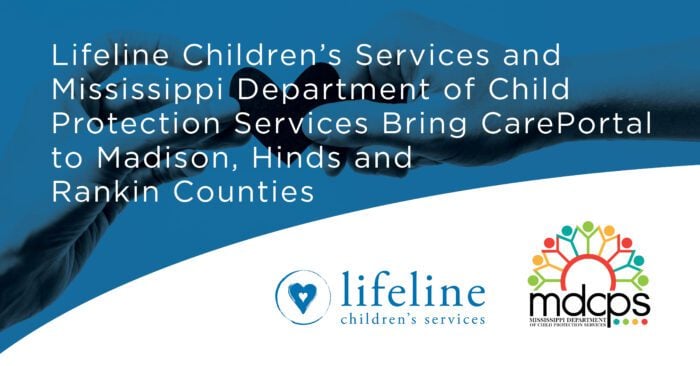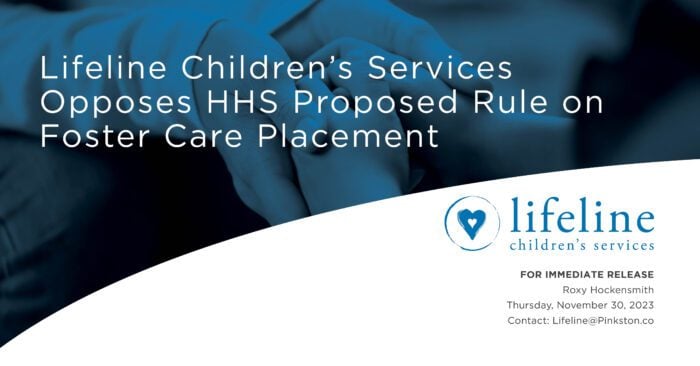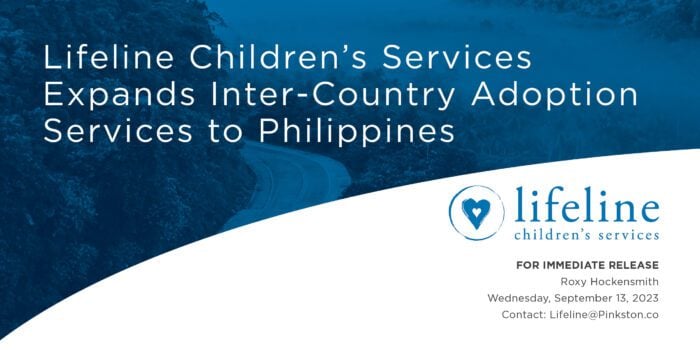In 2009, Lifeline Children’s Services stepped into the world of foster care with the conviction that caring for children includes family reunification, birth family ministry, and providing quality homes that show the love of Christ to children and families in crisis. Since the beginning of our work in foster care, we have been able to license 140 families and have expanded programs into north and south Alabama as well as a program in Charleston, South Carolina.
In addition, we have added an educational component through our Families Count program, guiding parents in biblical instruction for parenting. Alabama and South Carolina’s child welfare systems have noted how the foster families from Lifeline are truly unique—a testament to the work of Christ in our families’ homes and hearts.
We praise God for the way He has opened doors and sustained all of us during these past seven years!
Our hearts have been burdened with the number of children sleeping at the DHR office or in overcrowded residential homes simply because there are not enough foster families. Our hearts are burdened that children are being placed out of county, which makes engagement with birth families difficult. Our hearts have been burdened for the birth families that have not had a relationship with the families who are deeply loving and caring for their children.


Our hearts have been burdened that only 19% of our referrals in 2016 could be placed because we did not have enough licensed families.
Our hearts are burdened that the gospel was limited to a few children and families. The solution is more families who are called by Christ to be ministers of reconciliation and who are well-equipped to navigate the journey of foster care.
Therefore, we are excited that we now have an even greater opportunity to partner with DHR in a way that will allow us to truly impact the foster care system as a whole. Lifeline will now partner with DHR to recruit foster families from within local churches by providing training and the home study portfolio.
The result will enable Lifeline to bridge the gap between local churches and the state as we focus on targeted recruiting, training, conducting home studies, post-placement training, and equipping churches to provide support.
Although we will no longer provide placement support workers, we are excited about the way we can partner with local churches, families, and DHR in a way that will further impact the lives of families with the gospel of Jesus Christ.
In this way, Lifeline’s role in the fostering ministry will be one of “sending” well-equipped and prepared families, who embody the spirit of reconciliation, into the field of foster care ministry.



